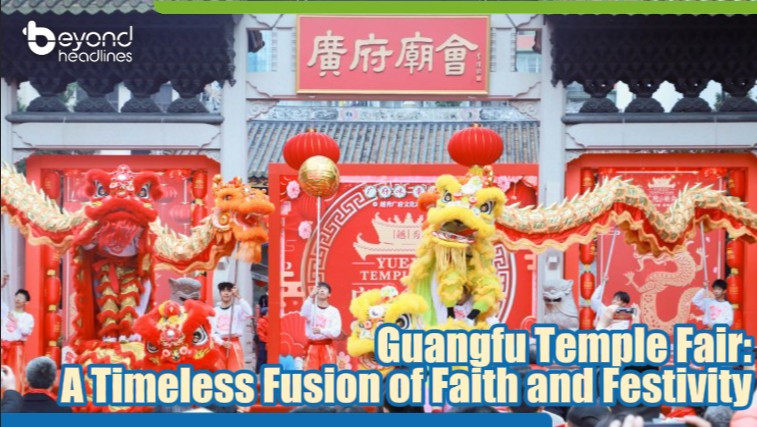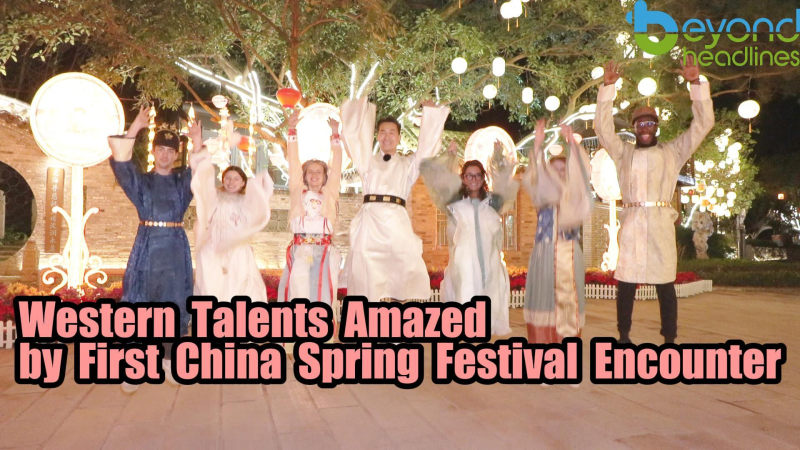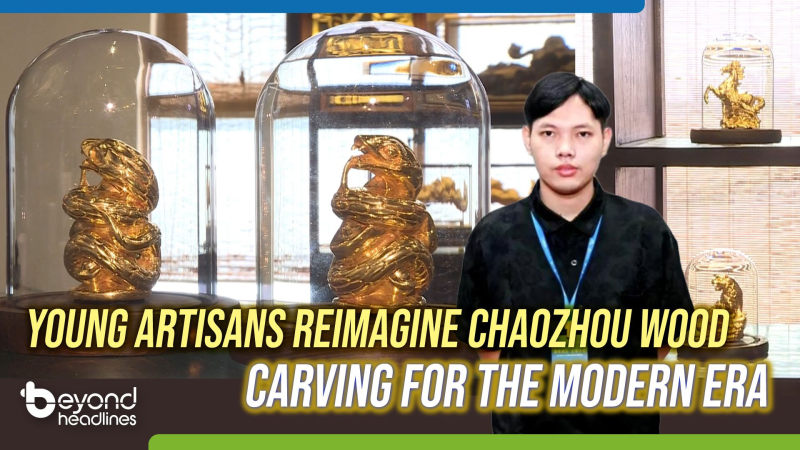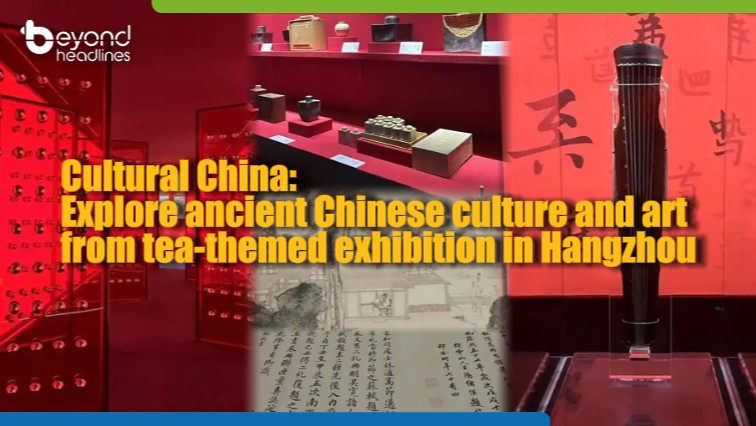Namecard: Xia Bu / Musician & Owner of Star Street Cafe
Let’s welcome Venus from Hong Kong!
Venus and I came to experience Xinjiang’s night life this time. This is a music cafe. The owner is Xia Bu, a Uyghur singer and songwriter. He went to Beijing to develop his career in early years. Recently, he made the decision to return to Yining and fulfill his dream of opening this live music venue.
Xia Bu: I grew up in Ili. I attended primary school, high school here, and I went for college in Urumqi. At that time, VCDs were just starting to become popular. When a friend brought me a ‘Beyond’ VCD, I was captivated.
B: Did Xinjiang have VCDs more than ten years ago?
Xia Bu: Of course. Many people have stereotypes about Xinjiang. In their minds, there are endless grasslands, camels and desert. But that’s not the case. I’ve always thought that Xinjiang is actually a very fashionable and trendy place.
Xia Bu: In Xinjiang, people also listen to various kinds of music. Modern and traditional cultures coexist. These things are not contradictory to one another — they all blend together.
V: Why did you go to Beijing and then come back?
Xia Bu: Beijing is a cultural center in China, with many talents and opportunities. To live in Beijing has been a dream of mine since I was a kid. I was fortunate to learn from many performers and musicians in Beijing, which allowed me to make significant progress in music.
Xia Bu is an all-around musician who writes lyrics, composes music, and arranges songs, as well as singing and playing musical instruments very well. In 2016, he was invited to Macau to play guitar alongside one of China’s greatest singers, Han Hong. He has served as a music producer for "I Am a Legend" and Dragon TV's "So You Think You Can Dance” and has also produced his own works as an independent musician. According to Xiabu, making good music requires a platform where he can make original music and bring together local singers and musicians to do original music pieces from Ili.
Xia Bu: I came back to Ili last year. There are many modern and interesting young people in this city. The development here makes people feel more comfortable. Moreover, it will not be overly commercial or fast-paced like Beijing.
Majiahao / Xia Bu's Apprentice (Keyboardist)
Mr. Xia is an ethnic musician who likes to incorporate modern pop music with ethnic elements.
Alimas / Xia Bu's Apprentice (Guitarist)
I am Kazak. It’s perfect when they are combined in a rock band.
There are modern, classical, and ethnic elements.
Xia Bu / Musician & Owner of Star Street Cafe
I hope to create a music platform which eventually makes Ili become a musical and cultural hub of Xinjiang in the future.
Some enjoy investing in new things, some prefer blending the old with the new modern practices, and some others choose to inherit the craftsmanship of the previous generation, like preserving the traditional pastries from ethnic minorities. While discovering business opportunities, they can continue to pass on their own culture.
The Tatar Courtyard we are in now is an artisanal bakery, and the owner's family lives next to it. The Napoleon cake here is so popular that it is made in the morning and sold out by the afternoon. Here is the owner, let's see how to make Napoleon cake.
Karlshar Ilar / Owner of a Tatar pastry shop
V: Why did you start a business here on Liuxing Street?
Karlshar Ilar: Liuxing Street is now a tourist attraction. We are Tatars. I give tourists our Tatar pastries. Here, try some.
Karlshar Ilar: We Tatars love eating pastries and are very good at making them. My mother-in-law’s mother-in-law is also very good at making pastries. My mother-in-law’s mother-in-law taught her how to make pastries, and then she taught me. We are the third generation inheritors.
Karlshar Ilar: In the past, when I got married and came here, Liuxing Street was not like this. It was a place without tourists. It’s only been 5 years, and things have changed a lot. It’s getting prettier and cleaner.
B: Will you teach your craft to the next generation? Teach them how to make pastries?
Karlshar Ilar: Of course. Since I am the third generation inheritor, I don’t want Tatar cakes to disappear in the future. Therefore, I am committed to passing down the craft to future generations.
When tourist come to us, they will ask why our clothes are different from other people’s, why the method of making pastries is different, and why the taste is also different. I tell them that the clothes we Tatar people wear are all handmade, and the colors are different from theirs. The ingredients added to the pastries and how we make them are also different. I will explain it clearly to them.
Ayinigaer Aximu / Staff of Sunshine City Travel Photography Shop
Ayinigaer: This is the clothing of the Kyrgyz ethnic group. Look at the patterns. They are unique. The clothing of each ethnic group is different with its own characteristics. By looking at the patterns, you can identify which ethnic groups they belong to.
These are Uyghur clothes with strong ethnic characteristics. Look at the patterns of Etles.
V: When do you usually wear this?
Ayinigaer: For example, when we celebrate festivals, such as Eid al-Adha and Eid al Fitr, we wear them at that time. But I normally wear this kind of clothes.
B: Which one do you like?
V: I like the red one, can I try it on?
Ayinigaer: Of course.
B: I choose this one!
We all wish to do what we like to do and are good at doing, as well as striving to find room for future development.
Similarly, a girl from Sichuan opted to settle in Kashgar, one of Xinjiang’s westernmost cities, as she realized the diverse development opportunities arising from the transformation and rejuvenation of the ancient city. Drawing on her knowledge of various ethnic groups, she also initiated a new business venture.
Ji Lingxuan / Owner of Sunshine City Travel Photography Shop
Ji Lingxuan: This place used to be a large theater, where ethnic minorities sang, danced, and ate.
Ji Lingxuan: As we were operating our travel photography business in the ancient city, we incorporated many Uyghur elements. It was essential for us to blend the local architecture and the characteristics of the Uyghur people to create unique scenography and great backdrops for photo shooting.
This travel photography shop was established by Ji Lingxuan and her husband Song Hanyu from Sichuan. Remarkably, the shop managed to recoup its initial investment within just six months. Ji Lingxuan attributes the success of her business to the inclusive environment that has been fostered in Xinjiang. Following the transformation of the ancient city of Kashgar, a new industry has emerged in recent years: travel photography shops. Presently, there are over 160 travel photography shops in Kashgar Ancient City, and this industry has created nearly 2,000 local jobs.
B: Why did you come here in the first place?
Ji Lingxuan: My parents came here in the late 1980s. When I came here for the first time, I felt that the locals here were very friendly and kind. For example, my father has friends from lots of ethnic minorities. When I came here, they invited me to their homes. Then they served many delicious foods on the coffee table to treat me and make me feel at home .
V: With so many ethnic groups here and all of those backdrops and different clothes, how did you get to know their history?
Ji Lingxuan: Perhaps it's because I arrived here at an early stage, spending ten years and eventually staying here for thirteen years. It's possible that my experiences have been greatly shaped by what I've seen and heard. I've also made numerous friends from different ethnic groups, including Uyghurs and Hui. These friends have been invaluable in helping me learn about their traditional costumes and cultures firsthand.
B: Are your employees all Uyghurs or Han?
Ji Lingxuan: Both included. And also include people from Gansu, Guangdong, Ningxia, Sichuan and Hubei. We are a big family. My daughter also lives and goes to school here.
B: Are her classmates Uyghurs?
Ji Lingxuan: Yes, Uyghurs and Han. They have a very good relationship. Her deskmate is a little Uyghur boy. And when they are studying, the Uyghur boy will help my daughter. They are good friends.
The ancient city of Kashgar was reconstructed according to the principle of preserving the authenticity of the ancient city, keeping the architecture, lifestyle, and customs of ethnic minorities, which has become its main draw for tourists. Husband and wife, Song Hanyu and Ji Lingxuan, collaborate to welcome tourists from around the world who are interested in and eager to experience the distinctive local culture. Catering to preferences of the guests, they capture professional images in the unique streets, alleyways, and popular internet celebrity check-in spots within the ancient city.
B: I’ve truly experience the vitality brought about by urban renewal. Whether it’s the people living in Xinjiang or those who have search the opportunities in other cities, there’s a motivation to stay or return and pursue their desired careers and lifestyles.
V: Yes, they go to other cities to absorbe experiences, to broaden the horizon, then they bring back what they’ve seen and learnt. These new ideas get integrated with the local cultures, creating a more fruitful life and a more promising future.












![[Discovering GBA] Floral Splendor: Where Art and Spring Dance in Guangzhou](https://img.beyondheadlines.hk/articles/cover/20250410/fbe8bd7241e3c107d40cd7bc77ebdb9a.jpg!w800)
